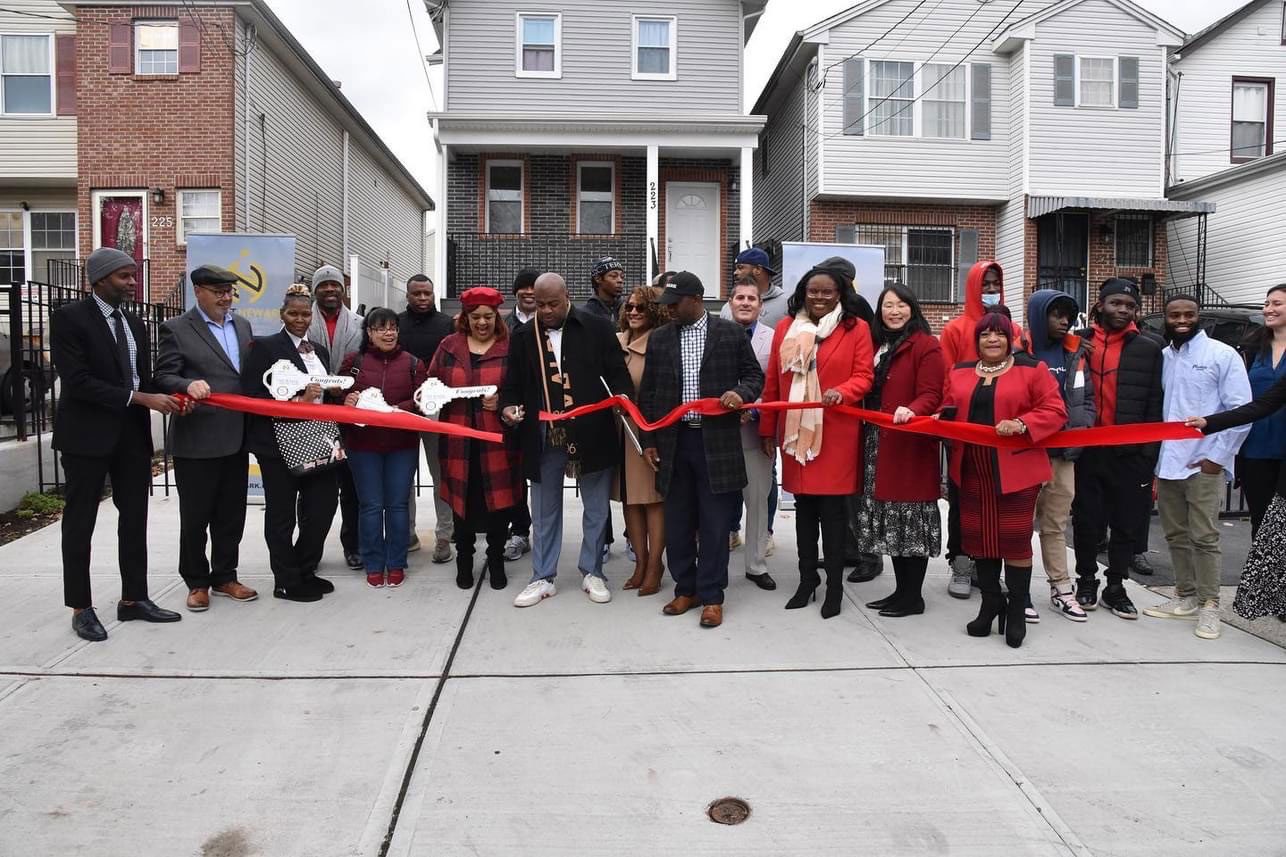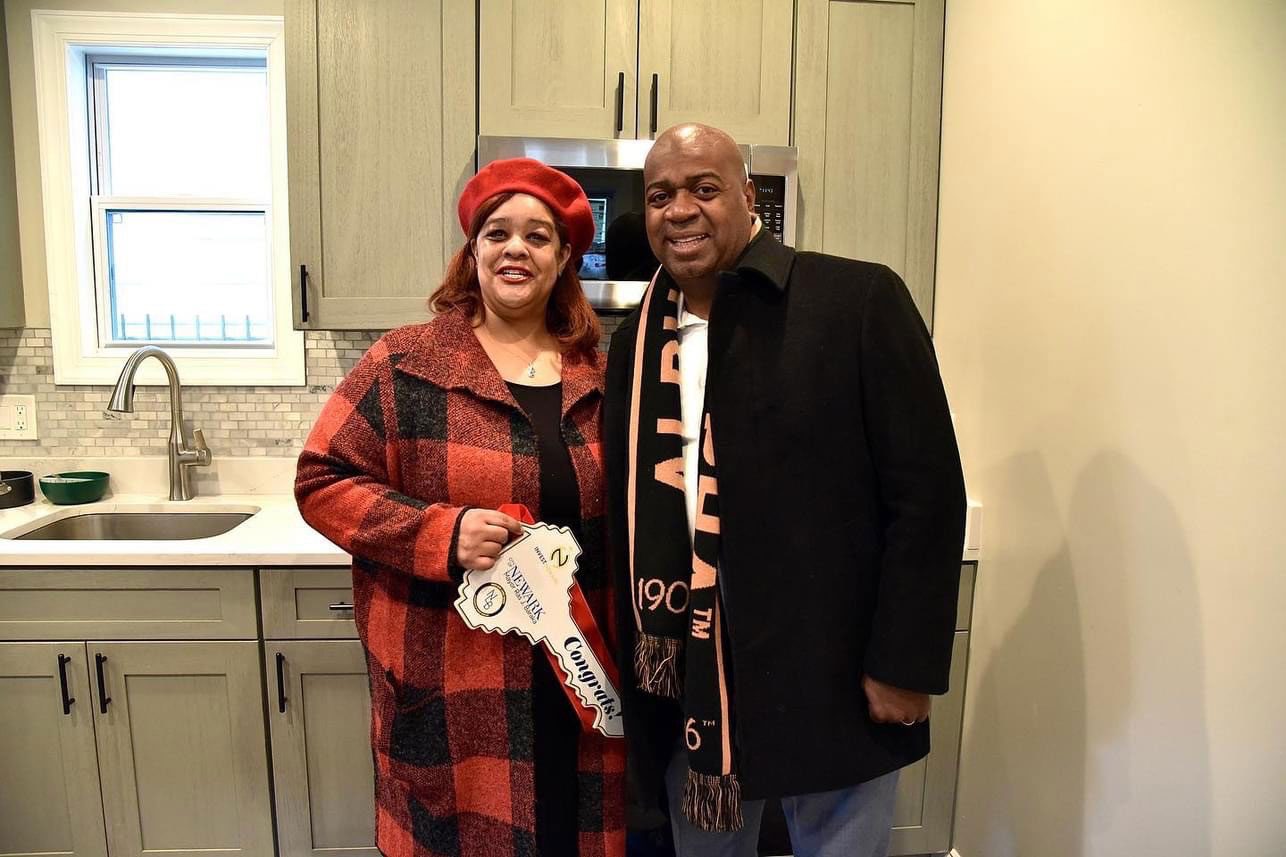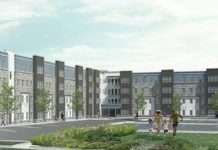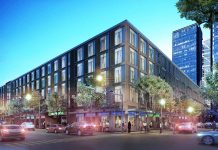
The day Patricia Hobbs got the keys to her new house in Newark, she reflected on being the first in her family to be a homeowner. “I wanted to break generational curses,” Hobbes said, “I wanted to be different — and I am.”
Hobbs, one of four Newarkers to win a lottery called the Section 8 Homeownership Conversion Program, closed on a $195,000 home earlier this month in the South Ward with help from two local nonprofits. Invest Newark, which partnered with YouthBuild, is trying to close the lingering racial wealth gap that many believe is caused by a lack of homeownership among blacks and Hispanics. In fact, the obstacles to homeownership are only getting more difficult, according to a Rutgers professor.

David Troutt, a law professor at Rutgers University, authored a troubling study about Newark’s real estate landscape — that corporations are gobbling up the city’s real estate. Wealthy investors are getting wealthier on the backs of black middle-class foreclosures, and new homebuyers are finding opportunities to own rarer as a result.
In fact, 47 percent of all arm’s-length residential sales in Newark were to institutional investor buyers. The result of this is that it creates a toxic housing market that is increasingly unaffordable and rife with “intimidation” from landlords.
“Tight or scarce housing markets confront renters with few choices and empower landlords unless there are countervailing measures to stop them,” the study reads. “The fundamental problem is that investors have heightened reasons to jettison poorer tenants in favor of those who can pay more, and to evade price-constrained housing in favor of unconstrained lease terms.”
Even before Troutt’s findings, Newarkers knew they were facing a complex web of challenges to homeownership. One of the deciding factors was “the ability and willingness of parents to provide down-payment assistance,” an MIT study found. In the case of Hobbs, the City of Newark supplying a $10,000 grant for her down payment is what allowed her to close the deal, signaling the kind of informed policies that could change the wealth landscape.
“Our ability to put homes in people’s hands attacks that wealth gap,” said Mayor Ras Baraka. “And though people say public housing wasn’t designed for people to live in forever, the economy hasn’t helped people get out of it.”


